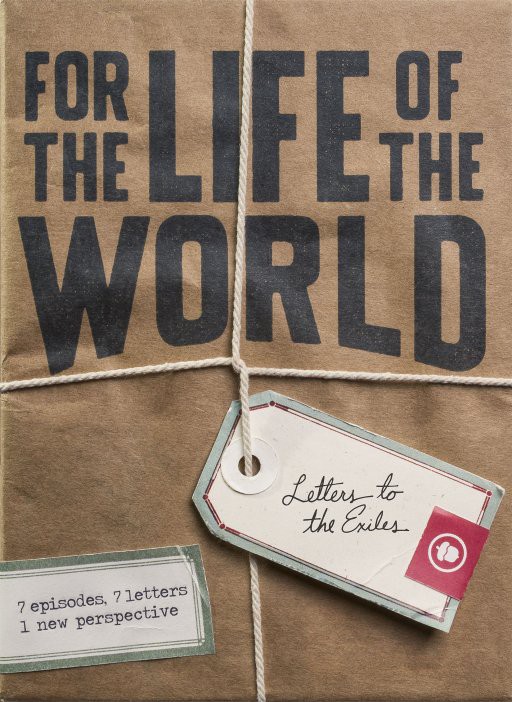“For I know the plans I have for you,” declares the Lord, “plans to prosper you and not to harm you, plans to give you hope and a future.” –Jeremiah 29:11
Jeremiah 29:11 is a popular verse among many of today’s Christians, as Evan Koons humorously points out in a new article at Q Ideas.
“Christians love this verse,” he writes. “It has all the ideas and values we crave: prosperity, safety, security, hope, longevity. It’s the verse we most associate with the book of Jeremiah.”
Yet, as Koons is quick to remind us, the “bigger picture” of Jeremiah 29 is far less rosy. Jeremiah is writing to a displaced people living in a strange land, struggling to understand how they might live peacefully and fruitfully in the here and now while keeping their sights and spirits focused on the not yet.
“Somehow, we’ve forgotten that Jeremiah 29:11 is written in the midst of unspeakable calamity,” Koons writes, and perhaps it’s because “we fail to recognize that all of Jeremiah’s letter to the exiles, not just Jeremiah 29:11, still applies to us today.”
Koons continues:
Sure, our passports and birth certificates tell us one thing, but Philippians 3:20 tells us another: our citizenship is in Heaven. And don’t get me wrong, every square inch of this world belongs to God and His Spirit dwells in us, but we are not yet fully home. Exile is the time in between. We see through a mirror dimly (1 Corinthians 13:2)…We live and die in exile, in the midst of calamity. We live and die in Babylon. Welcome “not home”…
…And I wonder, do we feel that tension today? Do we feel the longing to be united with Christ, to know and fully be known? Do we feel the homesickness, the dis-ease, of being barred from our home? Or, could it be that we’ve come to embrace this world and a culture that preaches happiness, safety, and security at all costs—a culture that flees from all forms suffering and discomfort?
Our preoccupation with Jeremiah 29:11 leads me to believe that this is true. We desperately want to make our home, but before our home is ready.
Christians go about this in plenty of clumsy and counterproductive ways, which Pastor Greg Thompson of Trinity Presbyterian Church effectively summarizes under the following three categories (as reference and paraphrased by Koons):
- Fortification is all about protection. These are the Christians who hunker down in their own Christian bunkers with their own Christian friends and their own Christian thoughts and Christianly wait until Christian Jesus comes back.
- Domination is all about getting out into culture and condemning it. These Christians are on mission to fight the world and take it back in the name of Jesus.
- Accommodation is all about waving the white flag. These Christians don’t want to hide. They don’t want to fight. They just want to blend in, drink really good beer, and get about the business of the day. Unfortunately, in blending in, these Christians lose the reality that they are “set apart.”
So, if all three of these methods fall short, what are Christians to do?

As Stephen Grabill ponders in Episode 1 of For the Life of the World: Letters to the Exiles (a seven-part film series starring Koons himself): “Maybe what God asked of the Israelites in captivity he’s asking of us today.”
Or, as Koons goes on to explain: “We are being called by God to spend the remainder of our days serving our captors, working with them (not fighting them or conforming to them or fleeing from them—but serving them) and compromising nothing. It’s rooted in the belief that all of our vocations (family, work, public service, education, art, and more) matter.”
For more on what this might look like in application and how we as Christians ought to approach it, watch the entire series, which releases later this month.
Watch the full trailer here. See the trailer for Episode 1 below.
[product sku=”1440″]


